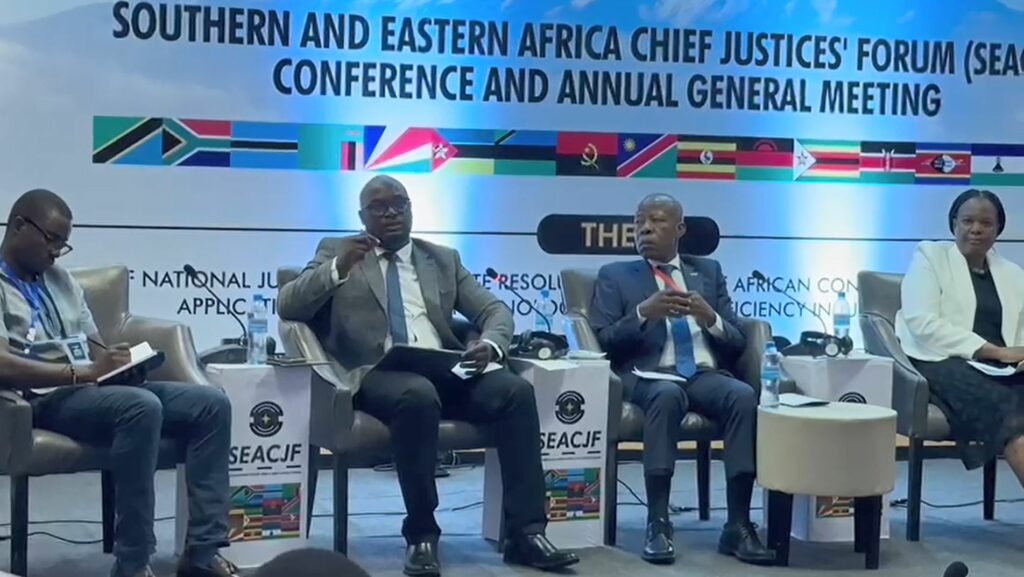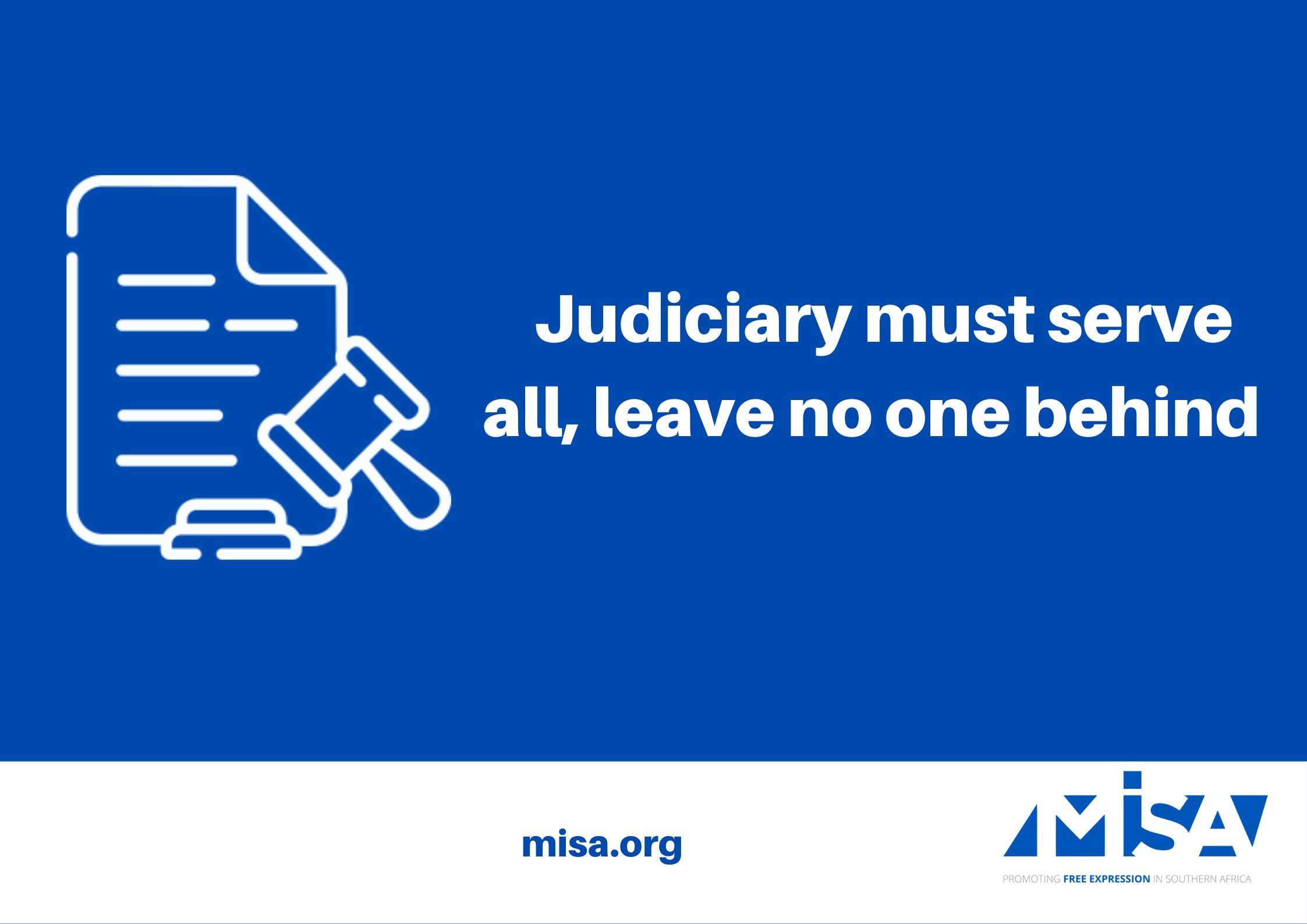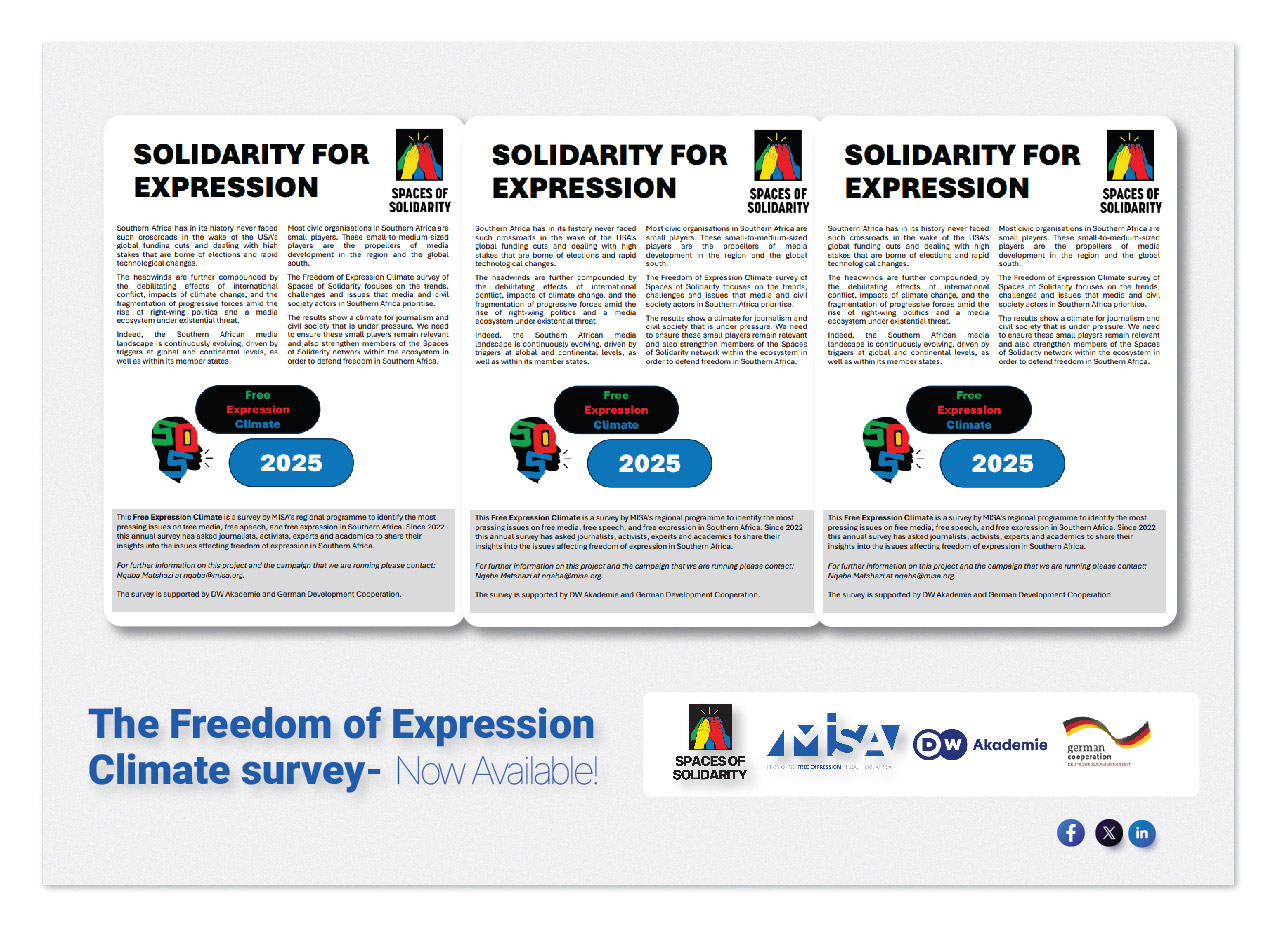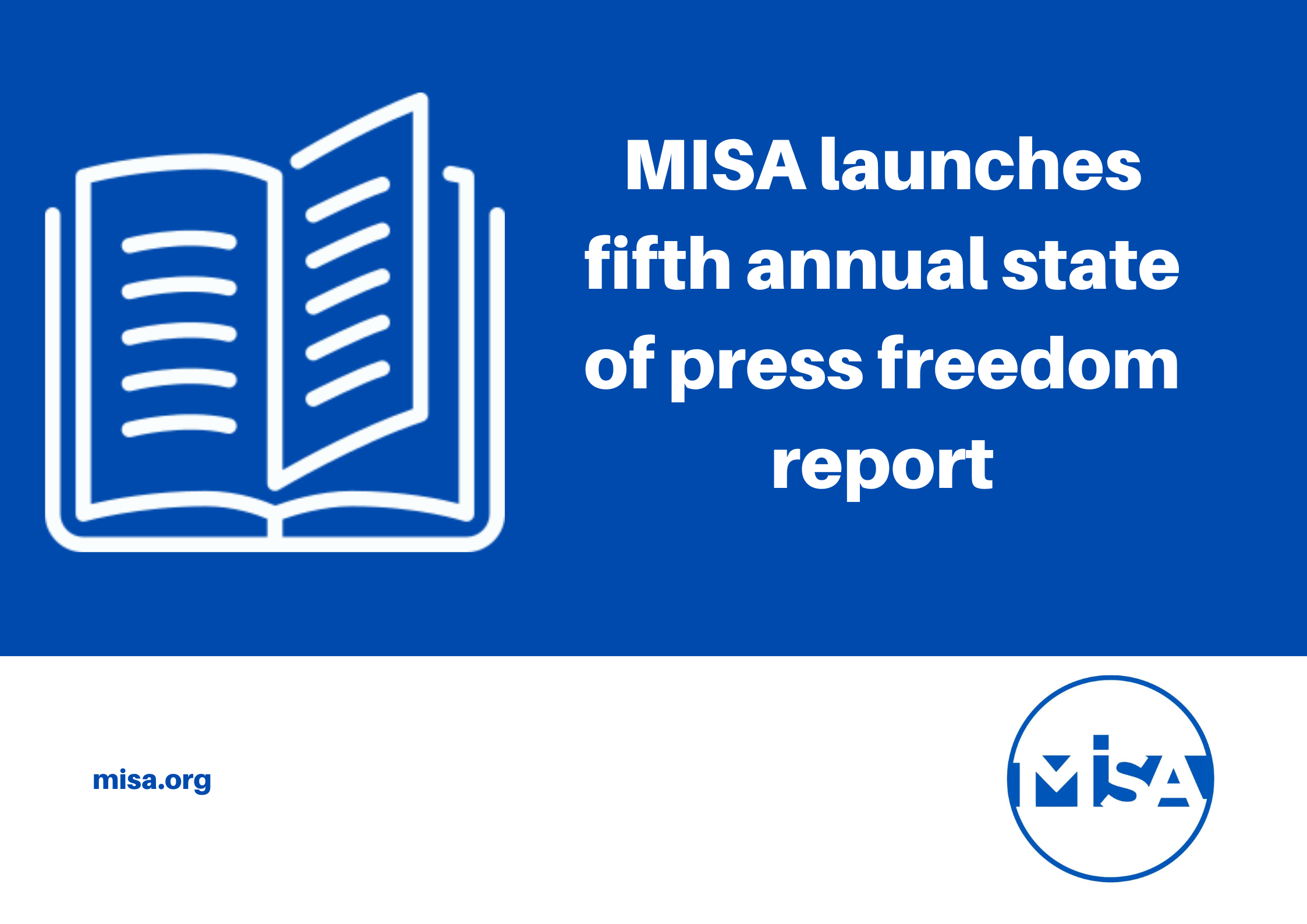Irrespective of socio-economic or political status
MISA Regional Director Dr Tabani Moyo has called on the judiciary services to be accessible to all and not leave anyone behind, particularly the marginalised and vulnerable groups, as the world becomes increasingly digitised.
Dr Moyo was speaking at this year’s Southern and Eastern Africa Chief Justices’ Forum (SACJF) conference and annual general meeting in Arusha, Tanzania, which was held under the theme: The role of national judiciaries in dispute resolution under the African Continental Free Trade Area (AfCFTA): Application of modern technologies for high efficiency in justice dispensation.
“Chief Justices and judges, please allow me to bring to your attention that in Africa, as of 2022, only 36% of the citizens have access to the internet, according to the World Bank,” he said.
“The statistics do not further explain whether this is meaningful access to the internet. As you are aware, internet access is driven by mobile network operators, which pursue the profit motive. In communities such as rural areas with limited economic access, there is no motivation to connect these communities.
“In this regard, the pace with which the judicial services are migrating to online platforms must be alive to these realities and ensure that these marginalised communities are not left behind as they are not connected …”
The MISA Regional Director stressed the need for a structured migration approach that is responsive to the societal realities that the majority of the people of the continent need to be connected or meaningfully connected.
Dr Moyo proposed that the judicial services should take a vested interest towards ensuring that the universal service and access funds in their respective countries are managed in a transparent and accountable manner and utilised to expand affordable internet access so that judicial services are accessible to all.
Universal service and access funds are a funding mechanism to incentivise the expansion of mobile telephony and internet services in remote and underserved locations.
 MISA Regional Director Dr Tabani Moyo (second from left) speaking during a panel discussion at the Southern and Eastern Africa Chief Justices’ Forum (SACJF) in Arusha, Tanzania. Looking on from left, is Dr Justice Mavedzenge, Law Lecturer at the University of Cape Town, Chief Justice for Mozambique, Honorable Adelino Manuel Muchanga and Dr Makanatsa Makonese, American Bar Association.
MISA Regional Director Dr Tabani Moyo (second from left) speaking during a panel discussion at the Southern and Eastern Africa Chief Justices’ Forum (SACJF) in Arusha, Tanzania. Looking on from left, is Dr Justice Mavedzenge, Law Lecturer at the University of Cape Town, Chief Justice for Mozambique, Honorable Adelino Manuel Muchanga and Dr Makanatsa Makonese, American Bar Association.
Dr Moyo said there is need for a conversation on the prioritisation of spectrum in the short term towards providing online judicial platforms at no cost to bridge the digital divide between those who are connected and the majority who are still to be connected.
Dr Moyo was one of the discussants on the session that tackled the topic: The role of modern technologies in dispute resolution in national courts, tribunals, and other regional courts.
Justice Said Kalunde, a judge in the High Court of Tanzania, gave the main presentation, while Justice Adelino Manuel Muchanga, Chief Justice of Mozambique, moderated the session.
This year’s engagements were officially opened by President Samia Suluhu Hassan of Tanzania on 23 October 2023.
The conference brought together Chief Justices from Kenya, Uganda, Namibia, Zimbabwe, Eswatini, Mozambique, Seychelles, Botswana, Angola, Zanzibar, Malawi, Lesotho, Mauritius, Zambia and South Africa.
In 2022, MISA was one of the five collaborative partners with SACJF, organising its historic symposium on 21 and 22 April.
The strategic partners included the International Commission of Jurists (ICJ), International Commission of Jurists Kenya (ICJ-K), Advancing Rights in Southern Africa (ARISA), and the American Bar Association among others.
The 2023 symposium brought together 12 Chief Justices under one roof for the first time since the forum’s formation in 2003.













